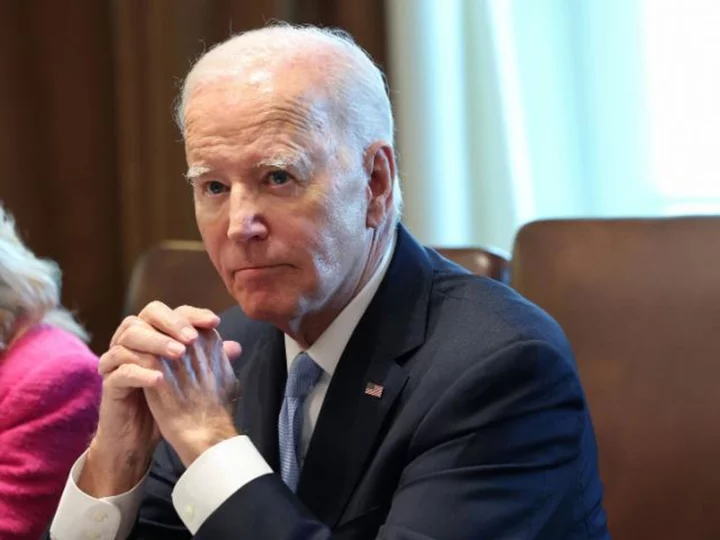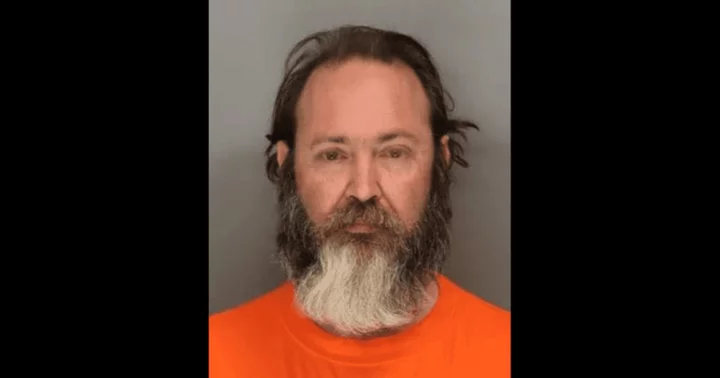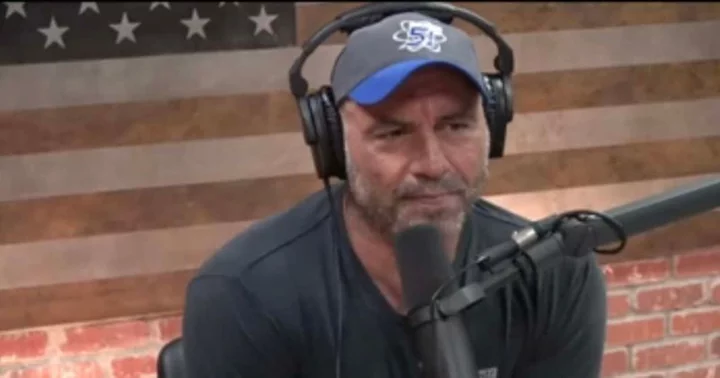President Joe Biden and his top aides at the White House plan to hammer away at a blunt message as the US government inches closer to a shutdown this week: A handful of extremist Republicans are entirely to blame for the havoc that would be unleashed across the country.
For Biden, there's a lot riding on that message getting through to Americans.
Biden's advisers have been assessing for weeks how involved to get in lawmakers' deliberations to fund the government ahead of the end-of-month deadline, and ultimately decided to take a hands-off approach. The expectation: Should the Republican-led House struggle to reach consensus, they would ultimately shoulder the blame for any disruption.
"Watch the GOP struggle and force them to govern or be blamed for shutdown," a Biden administration official said, summing up the strategy.
The White House is planning to dispatch a number of Cabinet officials this week to help lay out the broad range of ramifications if the government were to shutdown -- everything from flight delays to childcare centers shutting down.
Agriculture Secretary Tom Vilsack appeared at Monday's White House news briefing to discuss how a government shutdown could hit everything from food programs to loans for farmers.
Vilsack said that if a shutdown happens, some recipients of the Special Supplemental Nutrition Program for Women, Infants and Children, or WIC, will immediately have their benefits cut off. The program provides food, nutrition education, breastfeeding support and health care referrals to low-income children up to age 5 and to pregnant and postpartum women.
"Nearly 7 million pregnant moms, new mothers and young children count on WIC every single day to receive support," Vilsack said. "With a shutdown, what we would see across the United States is a denial of those benefits and opportunities. In some cases, it would be literally within a matter of days after the shutdown. In some cases it may be in some states, it may be literally in a matter of weeks. But clearly, during the course of a shutdown, millions of those moms, babies and young children would see a lack of nutrition assistance."
Benefits for the Supplemental Nutrition Assistance Program, or SNAP, will continue through the month of October, Vilsack said. He told CNN there was no way for the White House to extend funding for the WIC program on its own.
Vilsack also warned that farmers would be unable to access loans -- at a time of year when many of them are harvesting their crops. He also said that some people trying to purchase homes in rural areas may not be able to receive loans guaranteed or provided by the USDA. He said that could mean some potential purchasers may "not able to close the loan, it's also conceivable that they may lose the deal."
National forests would also close, Vilsack said.
"This would stop us in our tracks," Transportation Secretary Pete Buttigieg said on CNN on Sunday. "A shutdown that would mean service members wouldn't get paid, coming back to transportation to air traffic controllers who would be working in the towers. They wouldn't get paid."
Over the weekend, White House officials continued to monitor for any signs of movement on Capitol Hill to extend funding for the federal government ahead of the deadline. How to handle a possible shutdown was a key agenda item when White House chief of staff Jeff Zients huddled with senior advisers in the West Wing on Saturday, according to people familiar. But heading into a new work week, Republican members had not put anything realistic on the table, officials said, leaving the White House bracing for what is to come.
In the days ahead, the president and his allies will repeatedly point to "who's responsible" for the mess that could unfold, one senior administration official said simply.
The White House took a similar approach this spring during the debt ceiling negotiations, but not without a seeming hit to Biden. In a CNN poll conducted mid-May, 59% of respondents said the president was not acting responsibly as talks stalled and the government careened toward default. The difference then: Republicans had coalesced around a specific position, passing a bill in the House that reflected their priorities and catching the White House off guard. Negotiations escalated in the weeks that followed, resulting in a deal that set broad guardrails around federal spending for the 2024 fiscal year.
That deal was supposed to usher in months of in-depth appropriations work that would yield a full-year spending package and avert a government shutdown. Now, the White House says Republicans dropped the ball.
Speaking over the weekend at the Congressional Black Caucus Foundation Phoenix Awards Dinner, Biden said it was "small group of extreme Republicans" that was refusing to "live up to the deal" that he had struck months ago with House Speaker Kevin McCarthy.
"The president did his job," White House press secretary Karine Jean-Pierre said when asked whether the White House would do anything to stave off a shutdown. "This is not something we can fix. The best plan is for House Republicans to stop their partisan political play and not do this to hurt Americans across the country. That's the plan."









